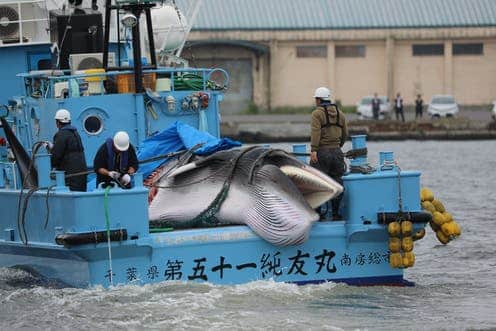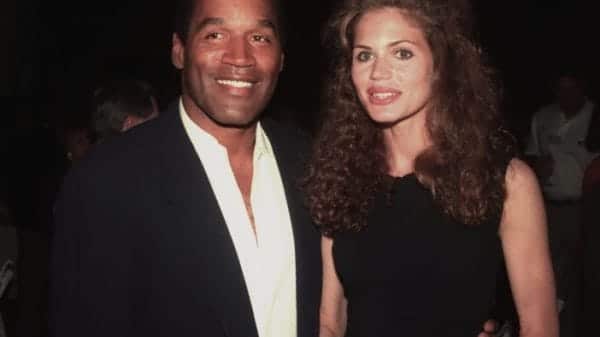Image By EIAimage
In over three decades, Japan has withdrawn from the International Whaling Commission. July 1st marked the day that whaling ships brought home their first kill since 1986.
Japan is Free to Whale
After continuous bickering between Japan and the IWC with Japan arguing that whaling could be done sustainably, the country decided it was time to leave the commission. This means that the country no longer has to oblige to its rules and can now commercially hunt whales.
Excitement for Whaling Communities
Whaling communities were ecstatic to learn they could resume this four-hundred-year old practice, and have already set a kill cap goal. This cap includes 227 creatures, involving 52 minke, 25 sei whales, and 150 Bryde’s. This is actually less than the 333 whales they hunted last year under its sketchy scientific program, which they claimed had to do with collecting population data.
Leader of Japan’s Small-Type Whaling Association, Yoshifumi Kai, states, “This is a small industry, but I am proud of hunting whales. People have hunted whales for more than 400 years in my home town.”
Whaling is a Dying Practice
While this may be a four-hundred year old practice, whaling is receiving, and has been receiving, plenty of backlash. Whaling is becoming recognized as more an act of unnecessary cruelty, than of following tradition. This mean that less and less of Japan is actually consuming and purchasing whale products.
Some plus side is that Japan has decided to end whaling in the Antarctic, home to its most controversial hunts. What’s better to note is that this signifies whaling is essentially on its deathbed. Director of marine conservation from the International Fund for Animal Welfare, Patrick Ramage, explains, “Japan is quitting high-seas whaling…that is a huge step towards the end of killing whales for their meat and other products.”
Let’s hope that Ramage is right and that this outdated practice reaches its much needed end.
Want to hear about some positive changes regarding wildlife? Check out this article on the brave African Game Rangers risking their lives protecting endangered species.














